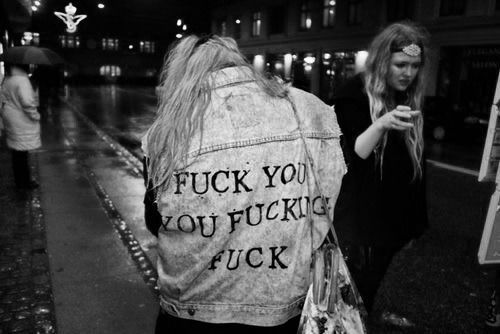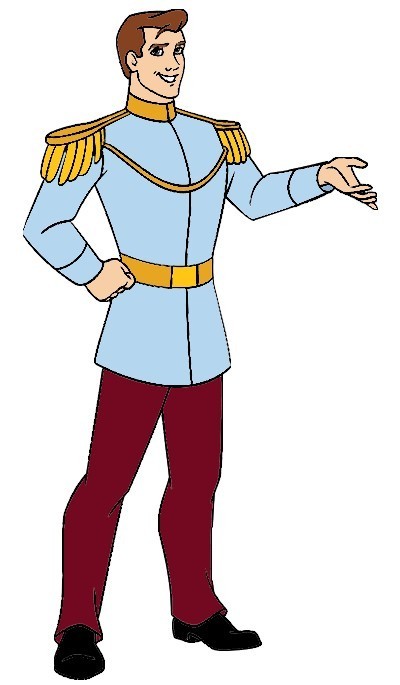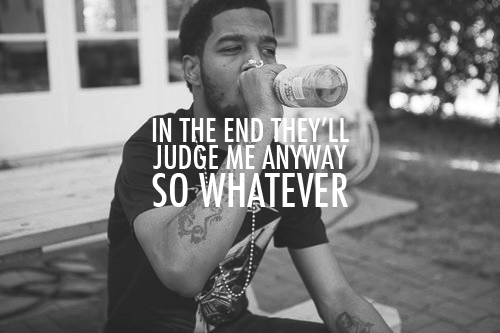quotes
"My waist didn't dip into an hourglass: in fact, according to the novels I read my thick ankles doomed me to be cast as the peasant women reaping hay". pg 126
This quote foreshadows what the reading is about. The introduction about the authors body gives leeway to undoing media. As little girls most of us wanted to be beautiful skinny princesses and felts ashamed when our bodies did not turn out like Cinderella. The author sheds light on this fact in her opening paragraph. A subtle dig at women that most people do not see or turn a blind eye to.This small quote brings up so many issues teens face as a result of media.
"Children's cartoons, movies, and literature are perhaps the most influential genre "read". pg 127
The purpose of this article is presented plainly in this quote. That from a young age people are exposed to society and its influence on children. The article goes on to talk about how girls are seen as homemakers and told to be skinny, while men are seen as strong and powerful. Much like media the article does not bluntly express this, it is an underlying tone. The media is sneaky like that and makes innocent movies about princesses into making sure kids know their place when they get older. All my childhood was spent dressing like a lady and receiving easy bake ovens for presents. Small yet overwhelming acts that prove media is the puppet master.
"That we can quietly rebel in the privacy of the classroom while we practice our writing skills, but we don't really have to do anything about the problems we uncover". pg 134
The rest of the article goes on to explain the role she had her students take in regards to the media. She has them explore cartoons and educate parents on the issues surrounding the media and how it effects their children. This is something I hope we can accomplish by taking this class. She encourages and challanges her students to open their eyes and see the bigger picture. That society is running around spewing nonsense and no one is stopping it.
This article was a great idea to read in the beginning because it gets us fired up about the issues we will tackle in this class. That other people recgonize how corrupt society can be and that the media should no longer get away with this.
Corrupt princesses are just the start of our problems concerning media.
That link i found to be intriguing













